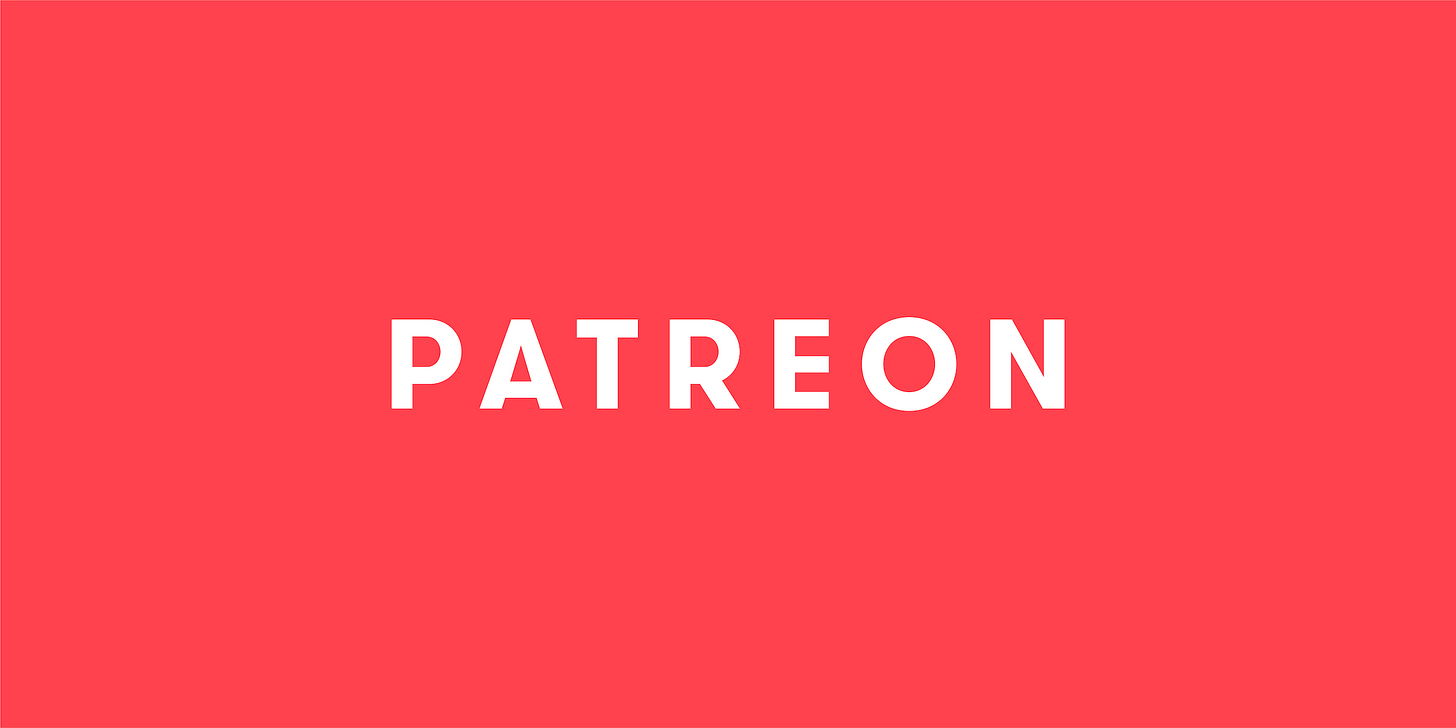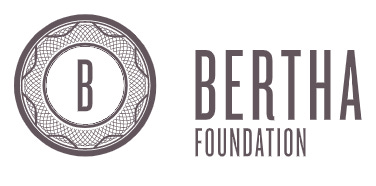G’day Fearmongers,
Writer Kara Schlegl brings a uniquely clear-sighted, smart and often funny view to any topic. It’s our luck and fortune that Kara has agreed to write a column for A Rational Fear’s Substack every fortnight on a Tuesday until the election: I Don’t Hold An Election Mate.This is possible thanks to people who chip into the A Rational Fear Patreon, if you want to read more like this — chip-in for as little as the price of a cup of hot chocolate per month.
Cheers
Dan Ilic
Like the sun poking through a flood inducing rain cloud, Saturday’s state election was a welcome relief, a sign that perhaps Scott Morrison might one day stop pissing down on all of us. State election results are not always good indicators of where the nation will drift in a Federal election, but this landslide victory for Labor does tell us one thing; Australians are fucking done with this shit, and ready for a change.
This might seem obvious, but historically we are a timid bunch. We love an incumbent politician, which here means the same dickhead we voted for last time round. Our election patterns often follow a similar trajectory to a marriage; we’ll make a commitment to someone with the full intention of seeing the relationship through (even if that relationship gets a bit abusive). We were with former Prime Minister Bob Hawke for almost 9 years (but ended up having a tumultuous affair with his best man). Our toxic relationship with PM John Howard lasted almost 12 years, which, as a friend, I’d suggest was way too long.
We’ll usually only change things up when we get bored, or hit a midlife crisis. We can see this in the SA election of 2018, when, after 16 years with Labor, South Australians decided to drive down to the polling booth in their brand new Lamborghini and vote Liberal. It must have been somewhat vindicating for Labor to see the state on their knees 3 years later begging to be taken back, hacking off their freshly grown pony-tail in atonement.
MORE SPONSORED GROVELLING:

After Saturday, the resounding conclusion from a number of experts is that incumbency is no longer a safe bet, that the pandemic has changed us, that we are more willing than ever before to embrace single life and date around.
This isn’t a phenomena contained only to Australia. Back in 2020, when the pandemic first spiked, there was a recorded “rally round-the-flag” effect in a number of countries, with global incumbent approval ratings making an average gain of 4.7%. However, by 2021, it was clear that these emphatic polling numbers didn’t much reflect the way people actually voted. What we’ve been seeing instead are democracies embracing their youthful vigor, with an increasingly powerful young voter base swinging elections around the world.
We just saw this in South Korea earlier this month, when the incumbent Democratic Party was pushed out of office and the People’s Party was voted in, largely on the back of similar election issues we’re facing here in Australia; economic inequality, the housing crisis, the Covid-19 pandemic, and even problems of misogyny and gender inequities. These are all issues that impact younger voters the most; those who might have insecure housing and work. Ahead of the election, experts predicted young people would swing South Korean politics in a new direction, and they were absolutely correct.
Unfortunately, that swing from younger voters was toward the right, potentially due to a large young male voter turnout.
Although there isn’t much speculation going around about Australia turning to the youth vote in the upcoming federal election, there have been significant swings in seats around the country, pushing election outcomes into new and unexpected territory. We saw this in Western Australia’s 2021 election, or should I say, execution of the Liberal party. And South Australia’s slaughterhouse feels close to sealing the Liberal party’s fate.
So is conservatism dying? Probably not. They still have a substantial voter base, and many people are voting for renegade hard-right extremists, with positive swings in SA to most minor parties and independents, including Family First and One Nation. As a progressive myself, I hate this for me.
But that ray of sunshine I mentioned earlier still exists. These past few years have, without a doubt, changed the way Australians vote. On a personal note, I was afraid that in this time of crisis we would reject progress and turn to the devil we know for comfort. But the South Australian election proves that we’re braver than that, that we want change, and that we’re prepared to slit the devil’s throat to get it (figuratively speaking, of course).
K.S.
You can follow Kara’s writing at Extremely Brave.
You can chip into her work here.
And you can follow her on Twitter here.
(This piece has been edited since it was originally published for accuracy)
PATREON 💸:
Thanks:
Big thanks to The Bertha Foundation, and our Patreon Supporters







Sorry but you’re wrong about the recent South Korean presidential election.
The People Power party is actually right wing and the Democratic Party is Centre/Centre Left.
The much smaller People Party is centre/centre right though.
Also the Democratic Party still have a majority in the National Assembly so it’s not all bad ;)